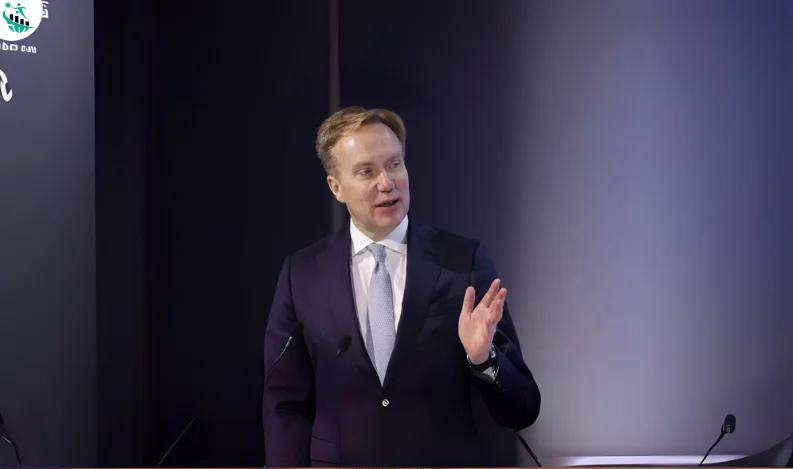
Geopolitical Turmoil and Trade Wars Overshadow China’s ‘Summer Davos’
As world leaders and business executives gathered in Tianjin, China, for the World Economic Forum’s annual “Summer Davos”, the mood was anything but optimistic. The meeting, intended as a platform to promote globalization and economic resilience, is instead dominated by escalating geopolitical risks, trade wars, and a rapidly shifting global economic landscape.
“This is the most complex geopolitical and geo-economic backdrop we’ve seen in decades,” warned Børge Brende, President of the WEF, opening the summit with a stark caution: if growth isn’t revived, the world could face a decade of economic stagnation.
The immediate cause of concern stems from the recent U.S.-brokered ceasefire between Israel and Iran, temporarily easing oil market tensions. Yet, the long-term economic implications remain severe, particularly as President Donald Trump’s tariff agenda continues to disrupt trade and unsettle global supply chains.
China at a Crossroads
The WEF event also arrives at a pivotal moment for China, as the nation grapples with a slowing economy, a deep property crisis, and youth unemployment. Still, Beijing is sticking to its 5% growth target for 2025 and has rolled out stimulus measures to boost domestic demand and industrial output.
China also appears to be using the WEF stage to project itself as a proponent of global cooperation, despite its own unresolved market access issues.
“This is a PR opportunity for Beijing to paint itself as a champion of globalization,” said Chris Torrens of APCO, noting the strategic optics amid U.S. isolationist rhetoric.
Tariffs, Trade & Technology
Much of the economic uncertainty centers on the pending expiration of Trump’s tariff pauses, which could impact manufacturers and exporters across Asia and beyond. With China heavily reliant on oil imports, especially from Iran, tensions in the Strait of Hormuz pose additional risks, particularly to Beijing’s high-tech sectors that remain energy-intensive.
Meanwhile, the WEF continues to emphasize emerging technologies like Artificial Intelligence (AI) as new engines of growth. “Trade has been an engine of growth, but now tech, especially AI, holds major potential,” said Mirek Dusek, WEF Managing Director.
A PwC report shared at the forum estimated AI could boost global growth by 15% by 2035.
Still, trade disputes loom large over the summit. With businesses uncertain about future tariff levels, long-term investment decisions remain paralyzed.
“We live in an environment of radical uncertainty,” said Jeffry Frieden of Columbia University. “If firms don’t know where tariffs are headed, they can’t plan where to base production, whether in the U.S. or abroad.”



Recent Comments:
No comments yet.